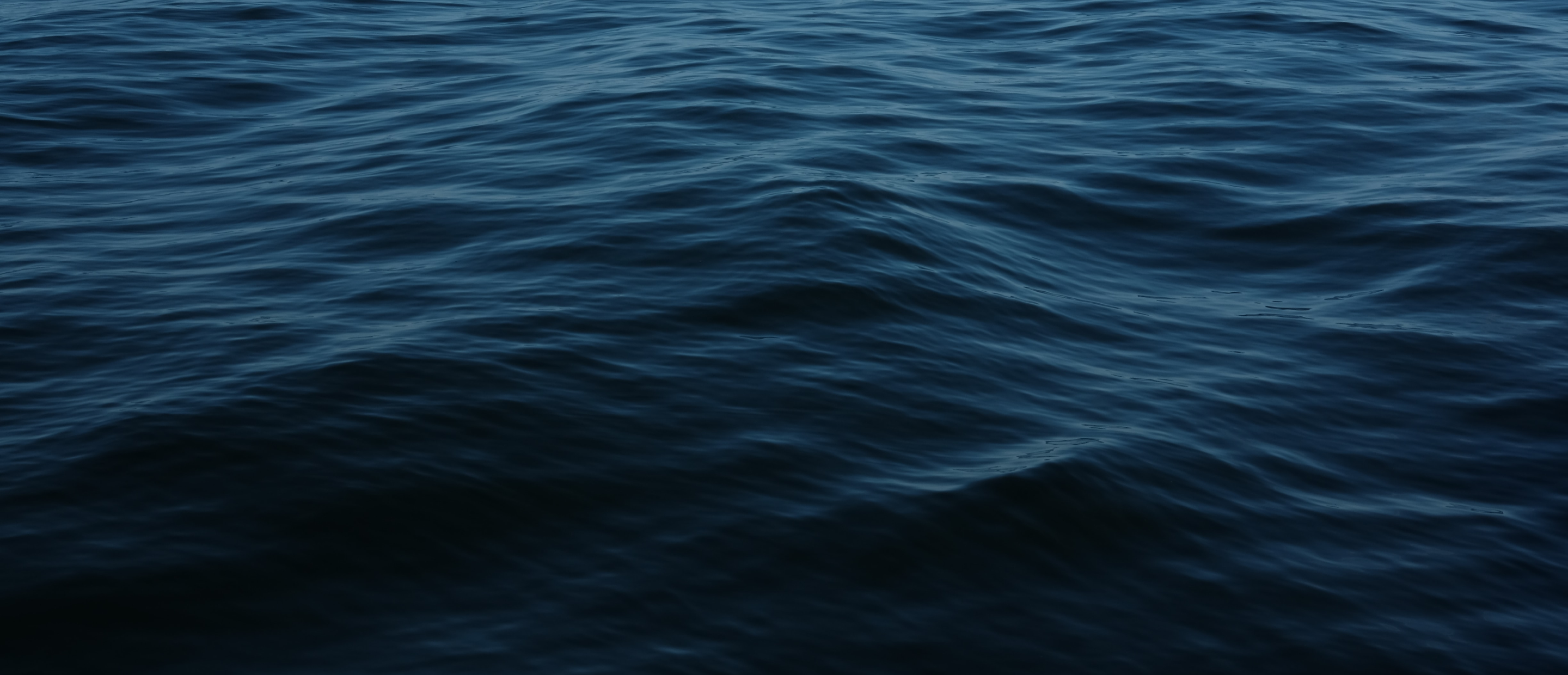About the Chesapeake Bay Foundation
Established in 1966, the Chesapeake Bay Foundation (CBF) is the largest regional nonprofit conservation organization dedicated to saving the Chesapeake Bay, its rivers and streams, and the wildlife that call it home through education, advocacy, litigation, and restoration. Since 2010, CBF has engaged in a focused effort to defend and implement the Chesapeake Clean Water Blueprint, a binding federal and state collaborative agreement aimed at reducing pollution to the science-based, legally-affirmed levels established by the U.S. Environmental Protection Agency (EPA). The Blueprint is expected to be fully implemented by 2025. If the states and the federal government achieve Blueprint goals, the Bay will finally—after decades of failed efforts—be removed from the Clean Water Act's impaired waters list. Successfully implementing the Blueprint depends on a well-informed, engaged, active, and diverse constituency of members, advocates, and volunteers who speak up and take action to save the Bay.
CBF has a staff of approximately 230 employees working in offices in Annapolis, Maryland; Richmond and Virginia Beach, Virginia; Harrisburg, Pennsylvania; and Washington, D.C. as well as 15 field education program locations. Our staff and volunteer corps work throughout the region educating students and adults, advocating for clean water policies, restoring waterways, and litigating when necessary.
CBF's headquarters office in Annapolis, Maryland is the Philip Merrill Environmental Center, the world's first U.S. Green Build Council's LEED platinum building. In 2014, CBF opened the Brock Environmental Center—one of the world's most energy efficient, environmentally smart buildings—in Virginia Beach, Virginia.
CBF has 200,000 members and supporters and an annual budget of approximately $30 million. For more information on CBF, please visit our About CBF page.
About the Hiring Department
Environmental Protection and Restoration (EPR)
CBF's Environmental Protection and Restoration department defends and restores the Chesapeake Bay by protecting the Bay's natural resources from pollution and other harmful activities by fighting for strong and effective laws and regulations; restoring the Bay's essential habitats and filtering mechanisms; and involving citizens in CBF's environmental efforts by recruiting, training, and incorporating them as effective partners and leaders.
Context of the Position
The Maryland Coastal Resource Scientist is the lead staff responsible for developing and implementing a comprehensive coastal habitat restoration, monitoring, and science program in Maryland. The Maryland Coastal Resource Scientist is responsible for pioneering CBF’s multi-habitat approach to restoration in the nearshore and subtidal environment, including analyzing technical information, producing reports and other collateral, and communicating the outcomes of CBF restoration projects to the media, public, and other decision-makers. The Maryland Coastal Resource Scientist is responsible for managing the Maryland Oyster Restoration Team and program, along with seasonal staff and interns, as needed. The Maryland Coastal Resource Scientist supports the Executive Director in the development of fisheries policy positions and strategies through research, data analysis and visualization, and participation in relevant meetings and workgroups.
Essential Functions
1. Develop and implement a comprehensive, multi-habitat coastal restoration program, including oyster, wetlands, seagrass, living shorelines, forests, and floodplains, where appropriate. Develop strategic partnerships with state and federal agencies, other organizations, community groups, and partners to carry out projects at an ecologically meaningful scale.
2. Oversee and execute monitoring for CBF’s coastal habitat restoration projects and oyster restoration program in Maryland. Collect, manage, analyze and synthesize data from multiple platforms to effectively communicate project outcomes to other CBF staff, members, funders, decision-makers, and the public.
3. Lead CBF’s pioneering work in remote and rapid assessment monitoring approaches, including the use of hydroacoustics, sonar, photogrammetry, satellite imagery, video analysis, and other techniques to quantify ecosystem response to restoration.
4. Maintain close working relationships with state and federal agencies and academic institutions to stay up to date with the latest habitat and restoration science and to co-develop restoration projects and studies that advance the state of the science and position CBF as a leader in restoration innovation.
5. Lead and supervise the Maryland Oyster Restoration Team, including project development, permitting, budget management, grant writing, work planning, and team coordination and mentorship. Identify and provide opportunities for staff growth and development.
6. Ensure regulatory compliance of all restoration projects and programs with local, state, and federal laws, regulations, certifications, and permits required.
7. Review and synthesize primary scientific literature and other studies in support of restoration and policy programs of the Maryland Office.
8. Assist the Maryland Executive Director in developing fisheries policy positions and strategies through research, data analysis and visualization, and participation in relevant meetings and workgroups.
Professional Experience and Qualifications
A graduate degree in marine or environmental science, biology, geology, engineering, data science, or other related field or at least 3 years’ experience in coastal or marine habitat restoration implementation, monitoring, and science communication required. Strong background in project and personnel management including grant administration, budget development and management, project implementation, and reporting required. Demonstrated proficiency in statistical techniques and data synthesis, including use of analytical software (R, Matlab, ArcGIS, etc.) for data visualization and analysis. Strong public speaking and communication skills, including a record of academic writing and/or peer reviewed publications. Ability to synthesize and effectively communicate complex scientific information to the public. This position involves working in a variety of conditions, including fieldwork (including in-water and boat-based work), office work and remote work. Occasional travel is required.
Salary Range: $79,000 - $84,000
How to Apply
Using the link below, please submit a cover letter and resume no later than October 31, 2023.
Apply Now
CBF offers a 36-hour work week, a flexible telework policy, a comprehensive benefits package to include: 20 vacation days, 10 sick days, 2 floating holidays, health, vision, dental, life insurance, and a 403(b) retirement plan with matching contribution. Learn more about CBF Benefits.

